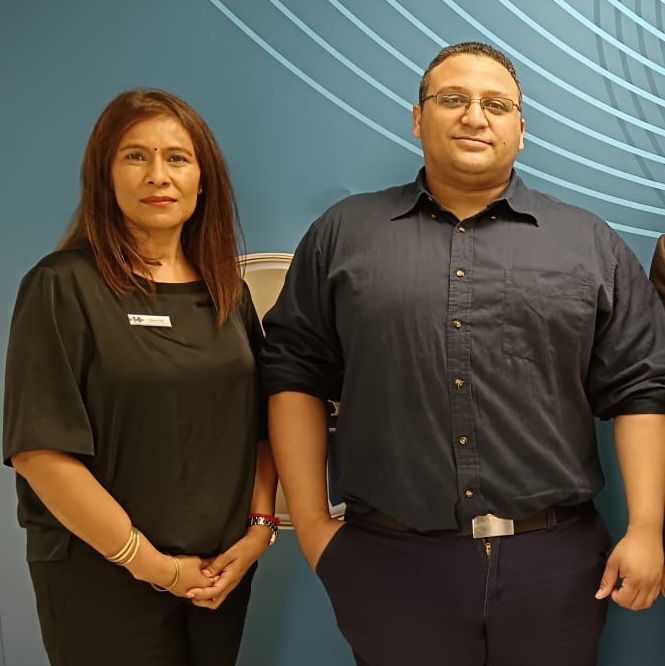LIFESTYLE NEWS - As many South Africans look forward to the summer holidays, emergency departments are preparing for the annual influx of medical issues and trauma injuries that are all too common at this time of year.
An emergency medicine specialist and Netcare 911 share crucial tips for troubleshooting the common health and safety hazards of holiday travelling.
“With the excitement of holidays and the long-awaited relaxation of year end festivities, it can be tempting to let your guard down or become distracted from basic medical and safety precautions,” warns Dr Steve Feris, an emergency medicine specialist practising at Netcare St Anne’s Hospital.
“Small precautions can save lives, and the holidays or after-exam parties are no exception. Accidents tend to happen when they are least expected, but many can be prevented.
“In our hot summer climate, dehydration and heatstroke are real dangers we can’t ignore. For drivers, it’s essential to stay well hydrated and take regular breaks to keep their brains alert on the road. Never leave anyone or any pets in a parked vehicle, not even for a few minutes at a rest stop, because the temperature inside the car rises to dangerous levels that can very quickly become a medical emergency.”
“Be sure to carry your prescribed medications with you when travelling, and ensure you have a sufficient supply to last in case your trip home is unforeseeably delayed. For people with a chronic health condition that requires them to stay away from certain foods or activities, the holidays can be fraught with temptation, so please take extra care to monitor and control your condition, and seek medical attention early if you notice something out of kilter,” he advises.
In addition to advanced medical services, as one of only a handful of private Level 1 trauma centres accredited by the Trauma Society of South Africa (TSSA), Netcare St Anne’s Hospital’s emergency department is equipped to deal with the most critical injuries requiring urgent, lifesaving intervention.
Hand and food hygiene become even more important when we are travelling, Dr Feris adds. “Roadside snacks and eating from unfamiliar establishments can also expose us to gastrointestinal infections or ‘tummy bugs’, which can range from uncomfortable and inconvenient to potentially serious, requiring hospital care.
“While travelling, it’s safer to stick to light snacks such as crackers and foods that are less likely to support microbial growth. Avoid heavy meals on the road or anything that may have been prepared in questionable conditions or made in bulk earlier without proper temperature control,” he says.
Safety tips to help prevent road accidents
Netcare 911’s regional operations manager, Shaun Paul, adds that driving safety precautions should start well before setting off on a journey, with a full safety check and vehicle service. “Be sure to check you have a warning triangle, emergency torch, and an up-to-date first aid kit for every journey,” Paul advises.
“Driver fatigue and drunk driving are two major and preventable contributors to road accidents. Stop for regular breaks and rest to keep your eyes fresh and your reflexes sharp. Never drive under the influence of alcohol or drugs, and if you are a passenger, insist on driver sobriety – it could save your life,” he says.
Seatbelts, or approved age-appropriate car seats, are vitally important for every person travelling in a vehicle. Children should never be allowed to stand or sit on someone’s lap while the vehicle is moving.
“Keep your eyes on the road at all times and be vigilant of other road users. Don’t allow yourself to be distracted by mobile devices while driving – leave phone calls, messaging and navigation to others or pull over somewhere safe before looking at your phone,” Paul says.
Be prepared for any medical emergency by downloading the Netcare app in advance. The app includes emergency call and geolocation functions to help minimise response times by precisely locating callers – even in remote areas or when the caller doesn’t know the address. The Netcare App also includes a Netcare 911 60-second callback option.
“We are coming up to the busiest time on the roads, and with patience and caution, we can prevent many accidents and tragedies. Travellers can be assured that Netcare 911 is ready to provide emergency medical assistance when the need arises, shoulder to shoulder with all other emergency services, throughout the season,” Paul concludes.
 Sharon Singh and Dr Steve Feris.
Sharon Singh and Dr Steve Feris.
‘We bring you the latest Garden Route, Hessequa, Karoo news’
















